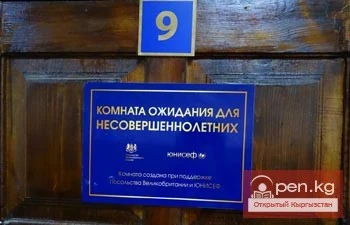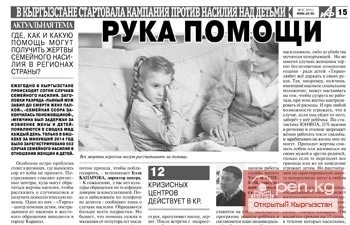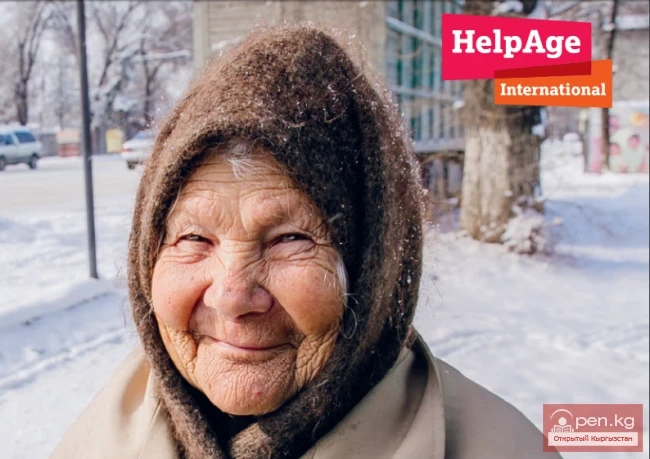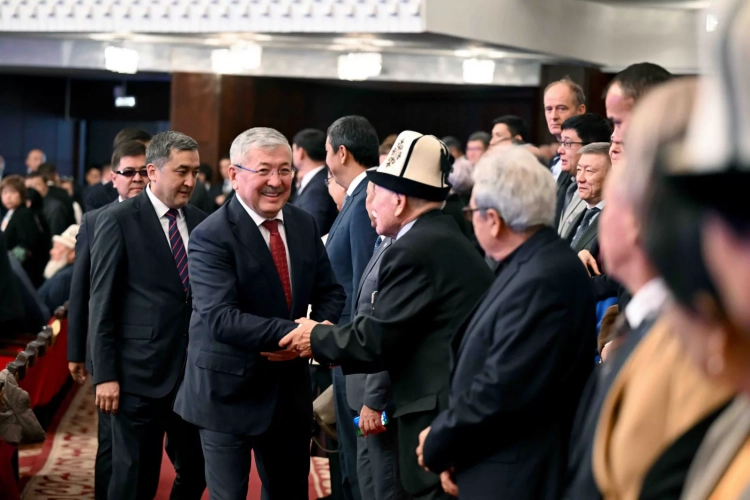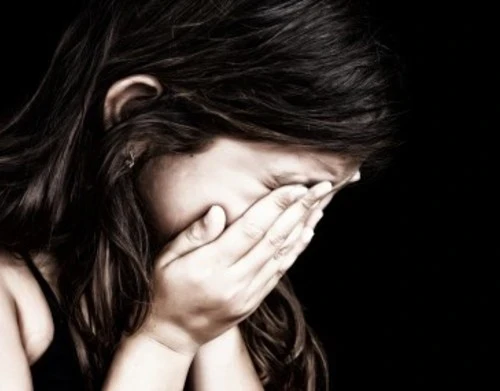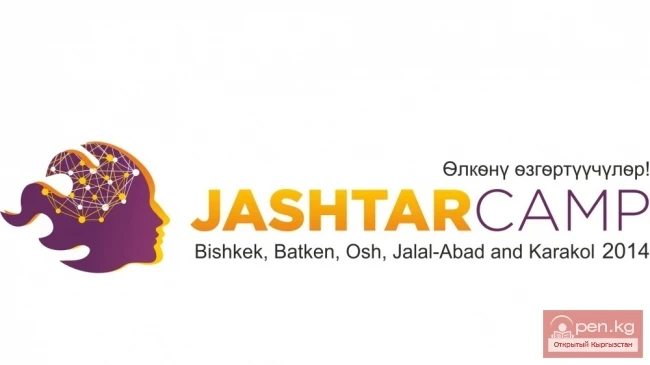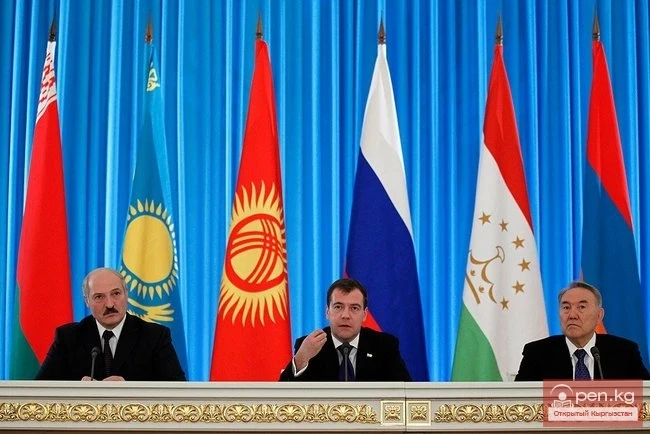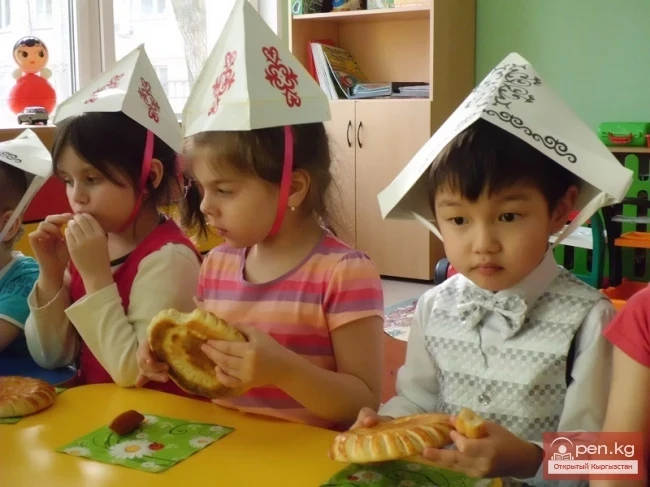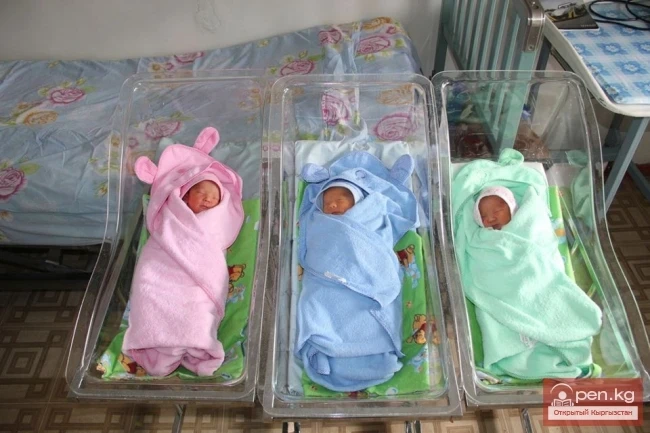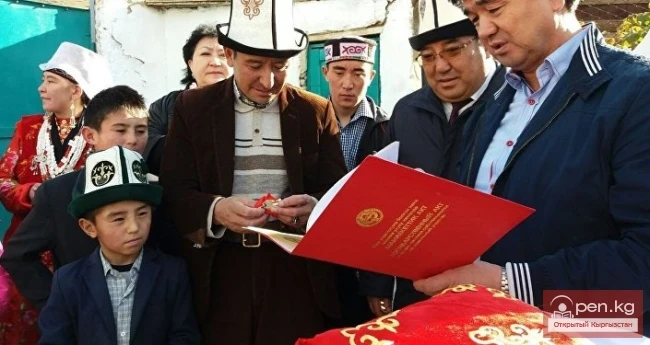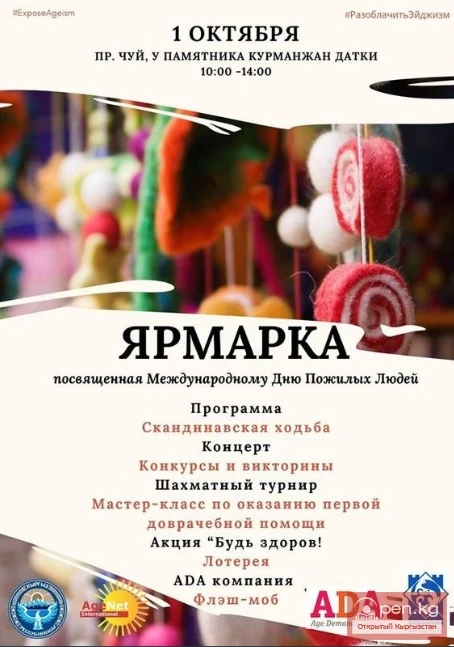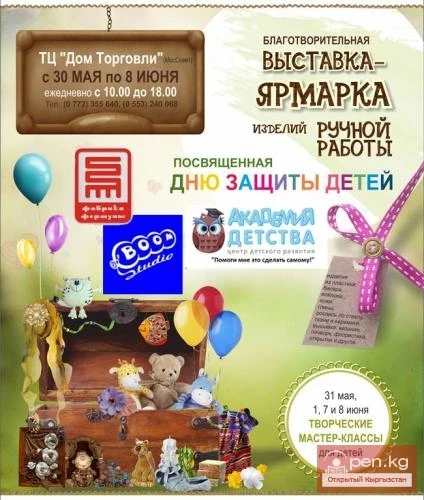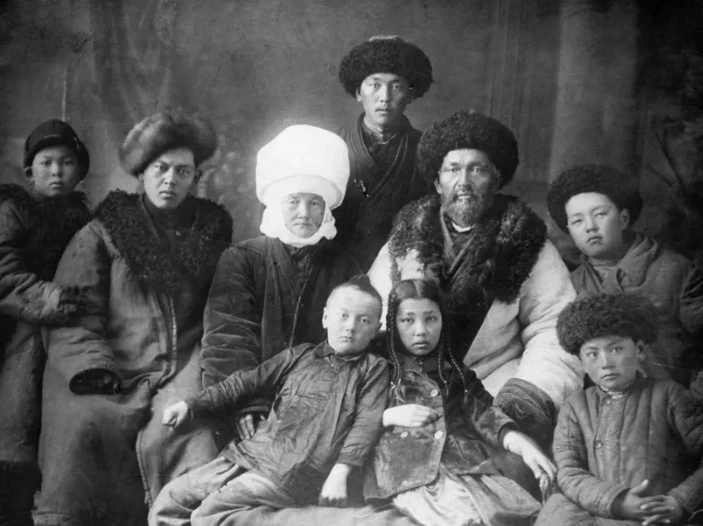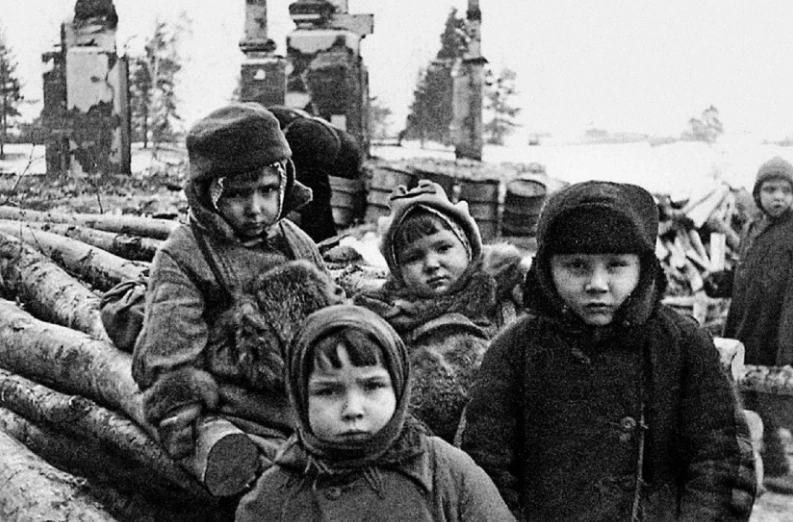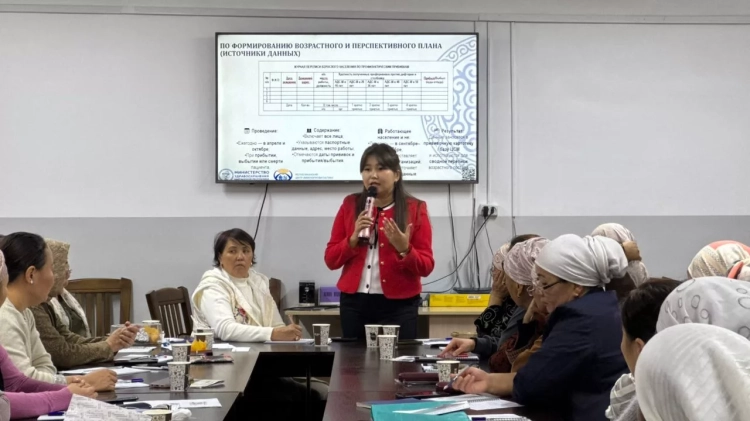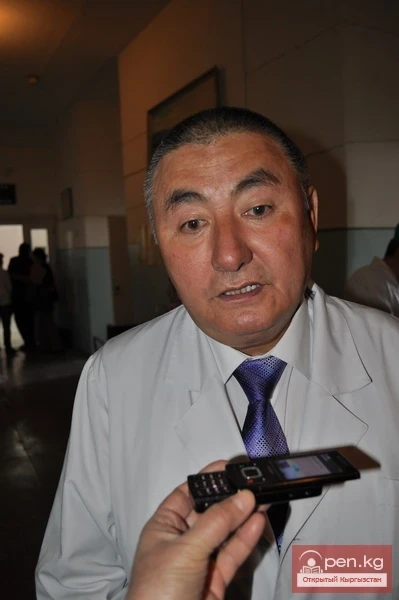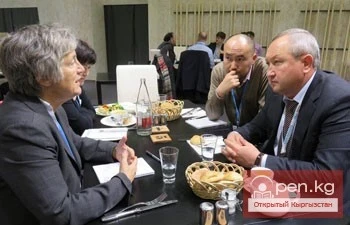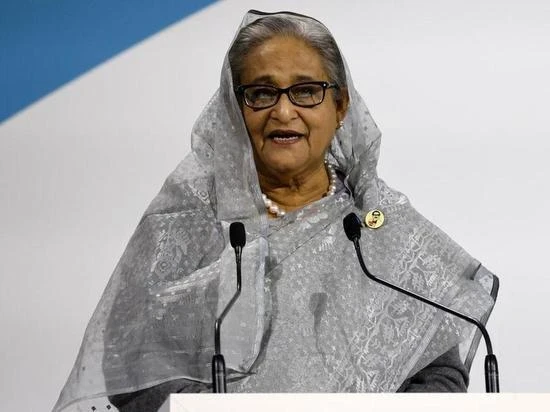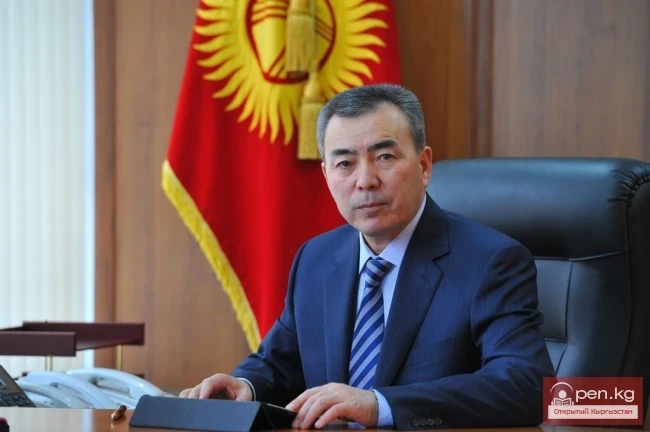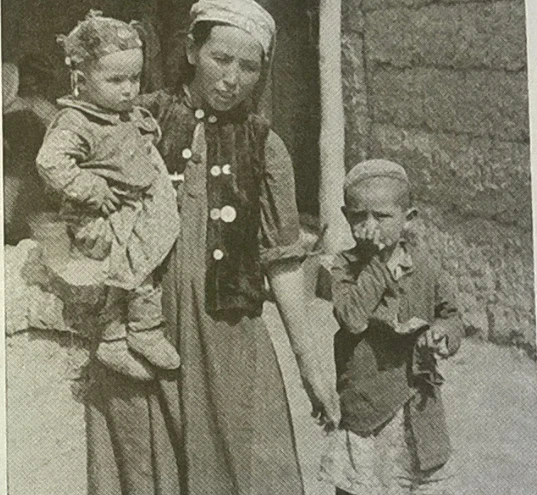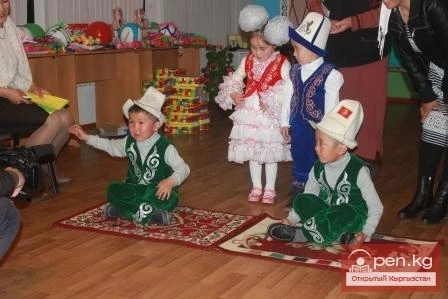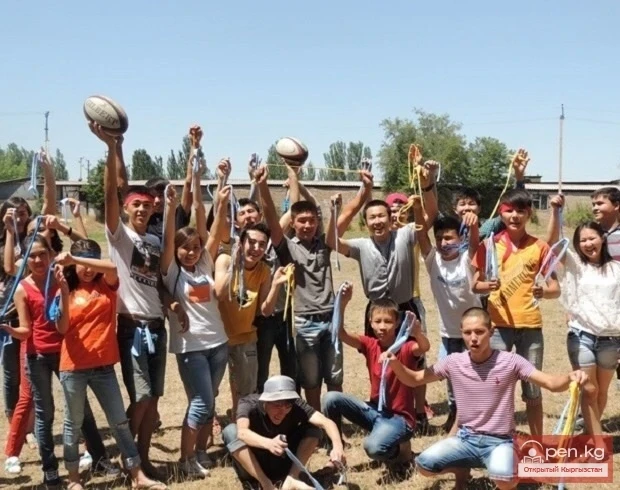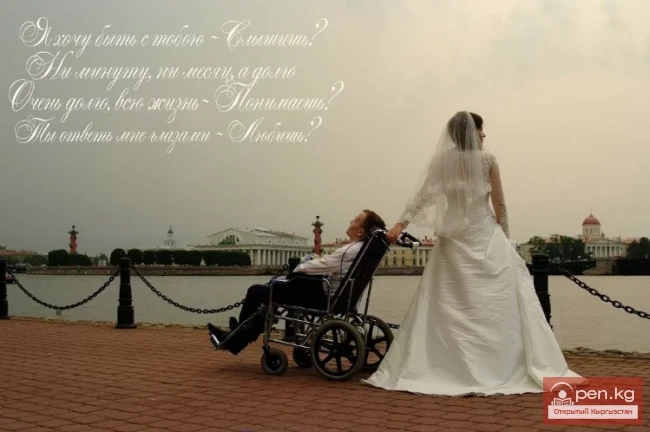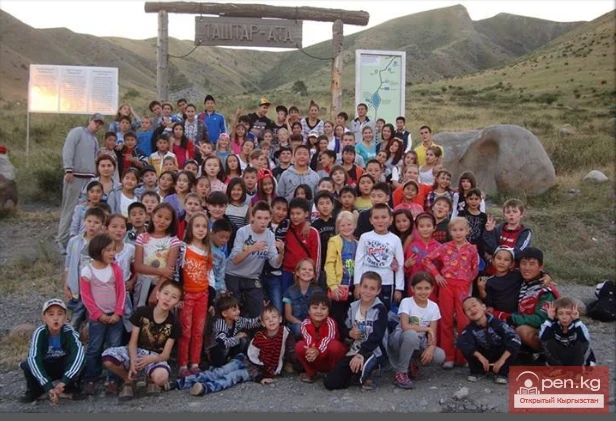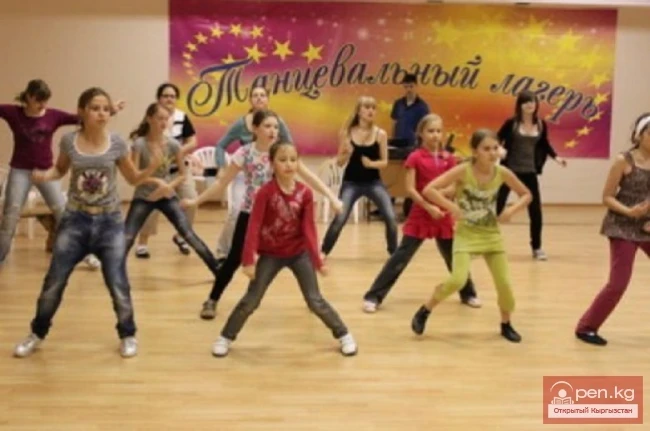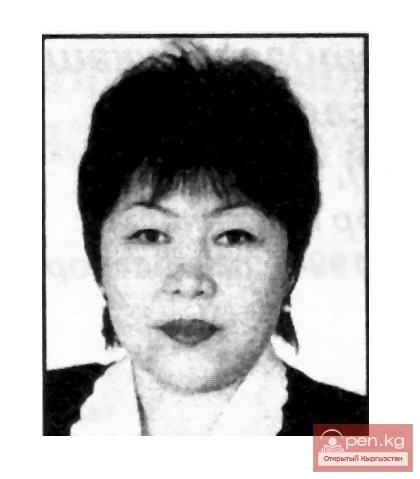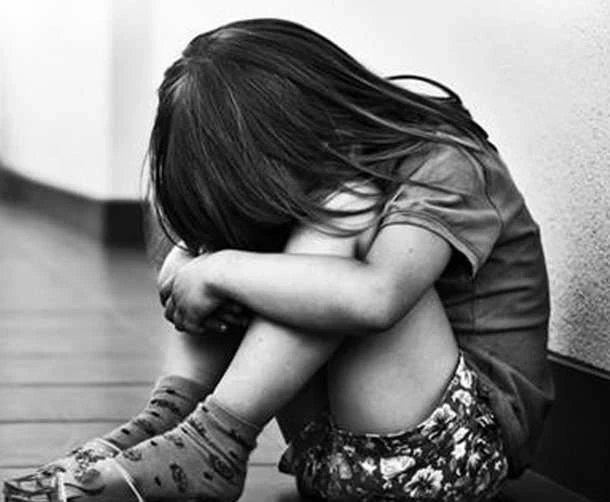
From October 13 to 14, representatives of Kyrgyzstan participated in a two-day ministerial conference dedicated to ending violence against children. This event was held under the auspices of the Ministry of Labor, Family, Youth, and Social Solidarity of Romania in collaboration with UNICEF and the Special Representative of the UN Secretary-General on Violence against Children. Delegates from governments, experts, and youth from Europe and Central Asia participated in the conference, exchanging experiences and practical solutions aimed at protecting children and supporting families.
The Deputy Minister of Labor, Social Protection, and Migration of Kyrgyzstan, Ainura Orozbaeva, emphasized the importance of ending violence against children, calling it one of the key directions of state policy. She noted the need to strengthen the child protection system from various forms of violence, including physical, psychological, sexual, and what occurs in the digital space.
According to MICS 2023 data, only 7% of parents in Kyrgyzstan consider the use of violence an acceptable method of upbringing. Nevertheless, many families continue to apply physical punishment and psychological aggression, especially towards the youngest children. This underscores the importance of investing in training parents in non-violent parenting methods and improving relationships within families.
The main goal of the conference was to strengthen regional initiatives to eradicate all forms of violence against children and to highlight the successes achieved and effective practices in prevention, early intervention, justice reform, and alternative care aimed at supporting children and families in the community. Issues related to the qualification of specialists necessary for achieving sustainable results were also discussed.
The Kyrgyz delegation presented its achievements since the first Global Ministerial Conference on Ending Violence against Children, which took place in Bogotá in 2024. Ainura Orozbaeva noted the growing desire of the authorities to eradicate violence and spoke about a new initiative to hire 550 social workers for child protection, who will provide essential assistance to families and caregivers across the country.
Samman Tapa, UNICEF representative in Kyrgyzstan, noted: “Every child in Kyrgyzstan deserves to grow up in an environment of care, love, and respect. We strive for close cooperation with the government to create a system where families and parents receive support, communities become stronger, and children can develop without fear.”
During the conference, a group of children from Romania shared the results of regional consultations held earlier in October with peers from EU countries and other states in Europe and Central Asia. They exchanged views and recommendations on preventing and responding to violence against children.
The need to end violence against children is confirmed by recent data indicating that up to 69% of children aged 1 to 14 in the countries of Europe and Central Asia, where data is available, face violent discipline, including physical punishment and psychological aggression. Worldwide, nearly 90 million children and women living today have experienced sexual violence in childhood.
At the conference, the UNICEF Regional Office for Europe and Central Asia presented a new report titled “Where We Live and Learn: Violence Against Children in Europe and Central Asia,” which contains current data on the situation in the region.
Dr. Najat Maalla M’jid, the Special Representative of the UN Secretary-General on Violence against Children, noted: “Ending violence against children is possible, and it is economically justified. We can prevent violence if we act together and in new ways involving the entire government and society.”
As part of its global initiative to end violence against children, UNICEF has identified four key areas for action: improving data collection and analysis in more than 50 countries, developing specialized response services, supporting governments in creating a safe and inclusive school environment, and strengthening families through evidence-based parent and caregiver support programs.


